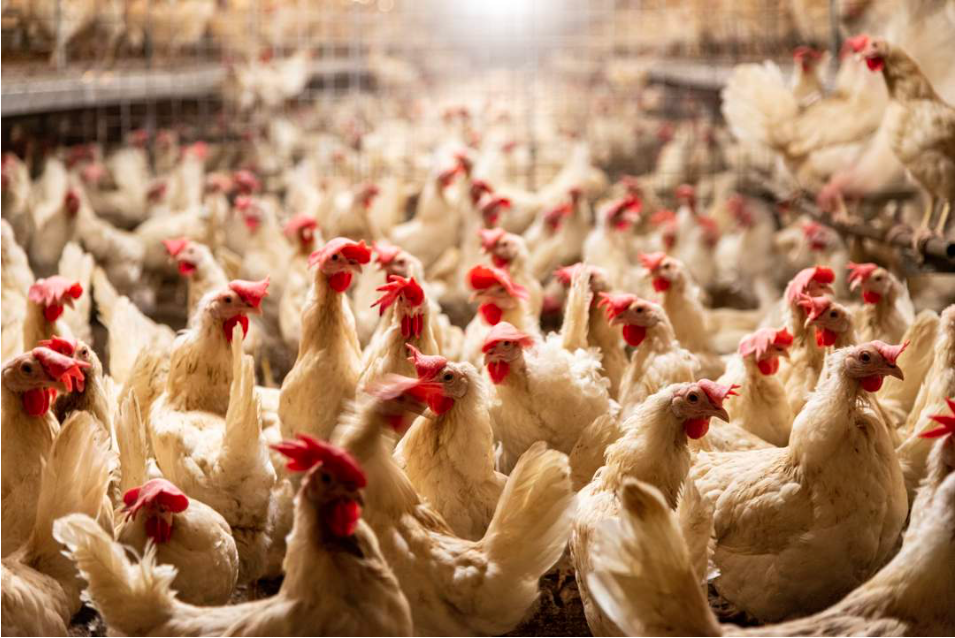
State pension fund manager lends bankrupt poultry group another R150m
The Public Investment Corporation (PIC) has sent another R150 million to struggling poultry group Daybreak Foods to support its business rescue proceedings and pay salaries.
The group pleaded for the funds after it became clear it could not afford to pay salaries for June, which led to workers going on strike.
The R150 million is in addition to the R250 million the state asset manager provided earlier this year to save the group from liquidation, which would have put about 3 000 jobs at risk.
Deputy Minister of Finance David Masondo, who chairs the PIC, said financial support for Daybreak was not open‐ended.
“It is not our intention to keep putting money into the business. That business has to turn around to trade itself out of this crisis,” he said.
Daybreak is one of the few farming operations wholly owned by the state. It was placed into business rescue in May after the National Council of Societies for the Prevention of Cruelty to Animals uncovered shocking conditions at its farms, leading to the culling of hundreds of thousands of chicks.
The PIC’s chief investment officer, Kabelo Rikhotso, said the reason for the new injection of funds was to ensure that Daybreak’s business rescue practitioner concludes the Rikhotso and Masondo were part of a PIC delegation that presented an overview of the asset manager’s unlisted portfolio — which includes Daybreak — to the Standing Committee on Public Accounts.
Daybreak has been one of the worst‐performing investments in the PIC’s Isibaya Fund for unlisted investments. Of the R1.7 billion the PIC has invested in Daybreak since 2015, it has not received any return and has assessed its current market value at zero.
While Daybreak is privately run, the PIC controls 100% of its shares on behalf of investments made by the Government Employees’ Pension Fund, the Compensation Commission, and the Unemployment Insurance Fund.
Rikhotso said the R150 million was not equity but a “once‐off” short‐term loan that it expects to be repaid.
A backup plan
He said that while the PIC still believes Daybreak can be turned around, it has a plan to get back its R400 million if the company falls into liquidation. Daybreak’s total assets stand between R700 million and R800 million. In the event of liquidation, Rikhotso said the PIC would have first dibs on the sale of these assets.
Daybreak’s business rescue practitioner (BRP), Tebogo Maoto, welcomed the new injection of funds as “much‐needed liquidity support” to implement the emergency phase of the company’s business rescue.
“The PIC funding will be utilised for making payments for critical operational costs, including salaries,” he told News24.
Rikhotso told Parliament’s Standing Committee on Public Accounts that, if Daybreak got its house in order with a well‐functioning executive team and board, it should be able to make around R300 million to R400 million a year in profits.
The company, which includes farms, a feed mill, a hatchery, an abattoir and cold‐storage facilities, has for years been beset by allegations of mismanagement; it has cycled through four permanent or acting CEOs since 2021.
Rikhotso said that, despite the turmoil and high turnover, Daybreak was still an important company, given that it produces SA’s cheapest protein.
“If you look at who is employed at Daybreak, it is mainly in rural areas [....] it is a big employer.”
He added that the PIC would not decide to keep supporting the group based on jobs alone, but on a sound business case.
Daybreak’s BRP is already eyeing selling a stake to private investors. He has also received at least three offers from would‐be strategic equity partners.
Contact us
31 Spanner Rd, Clayville Industrial, Olifantsfontein, 1666
Infodb@daybreak.co.za
012 641 0050
Report any incidents of fraud, theft, corruption or misconduct to our 24 hour Speak Up line 0800 204 428





%402x.svg)




